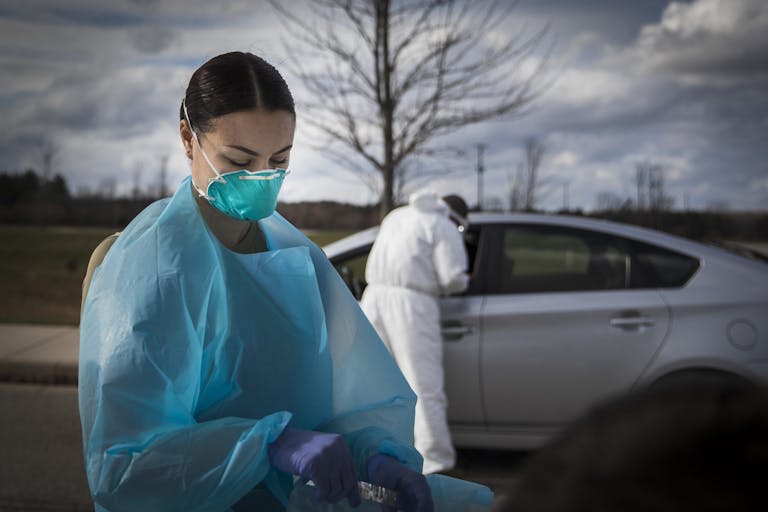The COVID-19 crisis has exacerbated gender inequality, rapidly unraveling the limited progress that the world has made in the past few decades, including reversing gains against child marriage, female genital mutilation, maternal mortality, and interrupting girls’ education. The crisis has also resulted in a spike in domestic violence and set off an economic catastrophe for women, widening the gender pay gap, driving women out of the workforce in droves, pushing them below the poverty line, and increasing unpaid care work. Emerging data and evidence from past crises increasingly suggest that the social and economic toll of the pandemic will be overwhelmingly paid by the world’s girls and women.

The UN Foundation’s Girls and Women initiatives are responding to this crisis. Our Universal Access Project has launched a new innovative funding vehicle – The Resilience Fund for Women in Global Value Chains – to ensure strategic corporate investment in the long-term economic resilience, health, and well-being of women who form the backbone of global supply chains. Data2X has been tracking and collecting early literature related to COVID-19 and gender to inform policymakers, governments, decision-makers, and researchers who want to understand and respond thoroughly to the gendered impacts of the pandemic. FP2030 also continues to share family planning-related resources on the effects of the pandemic with their network.
The UN Foundation will continue to amplify UN reporting and calls to action, such as the Secretary-General’s call for peace at home and Policy Brief on the Impact of COVID-19 on Women, the Global Gender Response Tracker, and the Deputy Secretary-General’s Women Rise for All efforts.